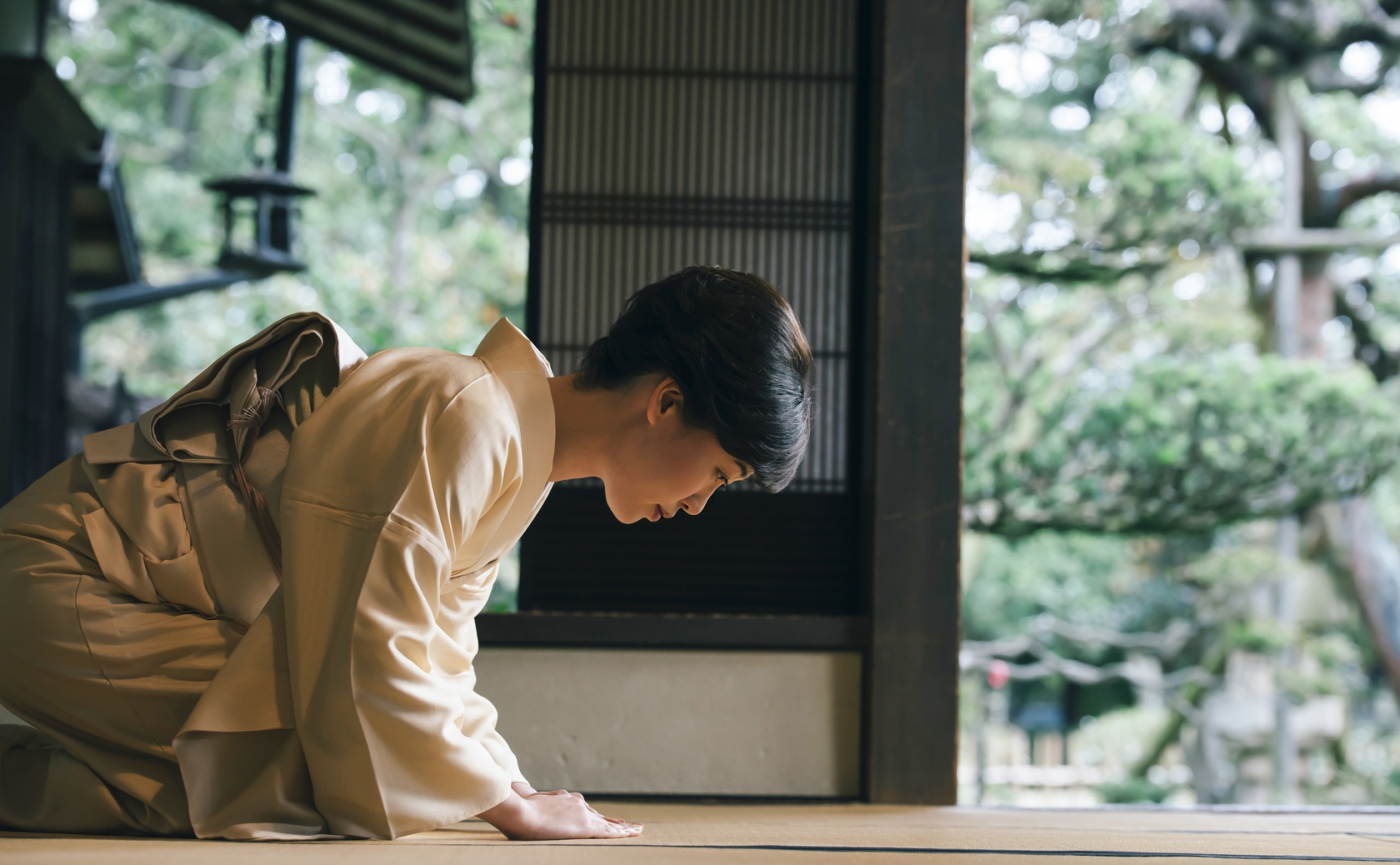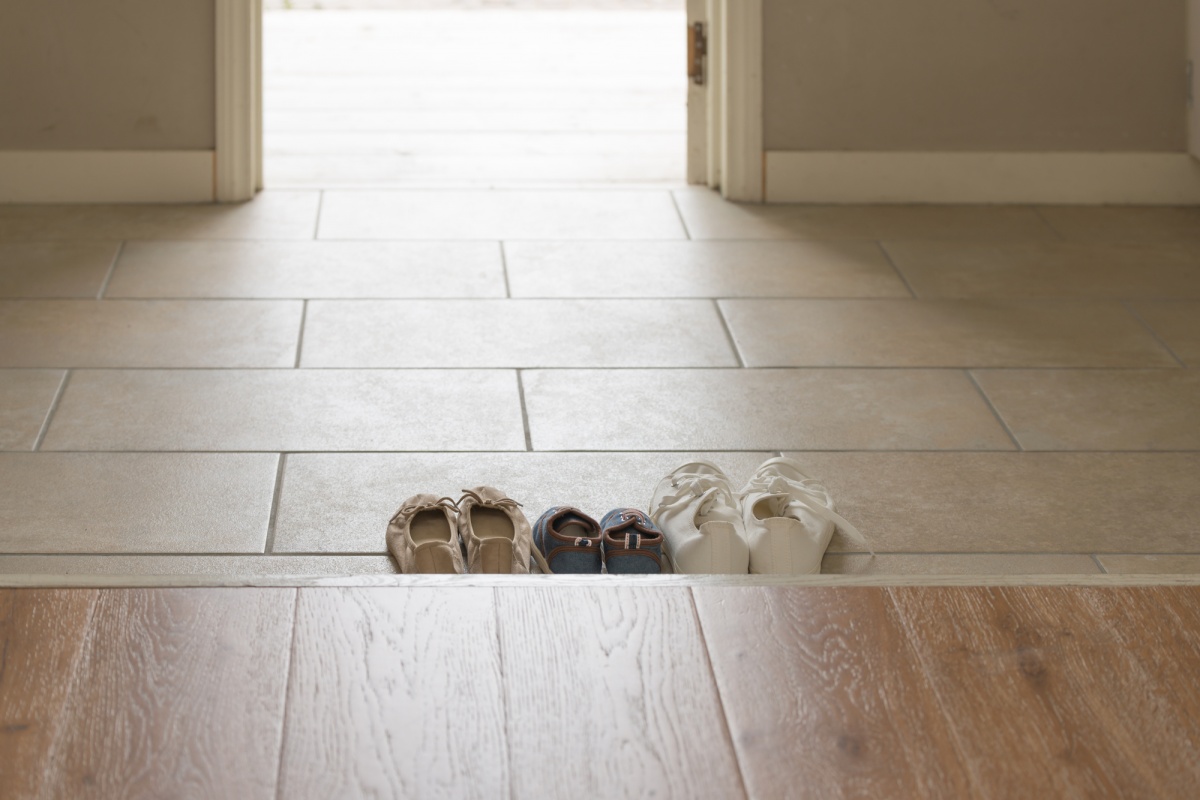A 'Heart to Heart' Primer on Japanese Manners

Japanese society has a fondness for the idea of "ishin denshin" ("heart to heart" communication through unspoken mutual understanding), with many unvoiced rules that Japanese people grow up learning collectively. Before you make the move to Japan, try learning some of the basic ones before running into awkward situations!
By Thomas ShiozakiBe Quiet

You might notice that Japan is relatively quiet, right? When you become part of the Japanese society, you'll start to understand that you should maintain the quietness. It's very easy, just be mindful whenever you talk or make noise. Talking loudly at night, especially near domiciles, is strongly frowned upon. And please don't talk on the phone while using public transportation.
Rubbish & Recycling

Japan is very big on recycling, so all the rubbish has to be carefully separated when it's discarded. The bins outside are generally labeled, encouraging you to separate paper, plastic, cans and others before putting it in. At home, there are different days on which you are allowed to discard certain types of rubbish.
When you move into your new place, the landlord or ward office should provide you with the specific days for burnable trash (燃えるゴミ), nonburnable trash (燃えないゴミ), plastic bottles (ペットボトル) and other rubbish. Please follow the rules and thanks in advance for keeping Japan green and beautiful!
How to Say No

Some readers may already know that saying "no" directly can be considered rude in Japan. While it is okay to turn someone down, doing so without using softer language or a euphemism is quite awkward in Japan. There are few ways to express "no" in Japan. You can give a very vague answer (maybe, possibly, etc.) or show it's very difficult to say yes through facial gestures and sighs. Japanese people will generally understand this automatically and everything will move on smoothly.
Visiting Someone's Home

http://topicks.jp/59376
When you visit a Japanese home, you should take off your shoes and leave them at the genkan (entrance). When you take off your shoes, you shouldn't turn your back to your host, which can be considered impolite. After you take off the shoes, your host might offer you slippers and turn your shoes with the toes pointing toward the door, making it easier for you to put them back on when you leave.
Furthermore, when visiting someone's home for the first time, it is customary to bring a gift of appreciation. The gift you bring doesn't have to be costly, but good ideas range from gifting a souvenir from your home country to bringing wine or dessert to a dinner party. Once you are inside and all the pleasantries have been exchanged, you may offer the gift, using both hands to modestly present it to your host. The host will receive it with two hands calmly.



